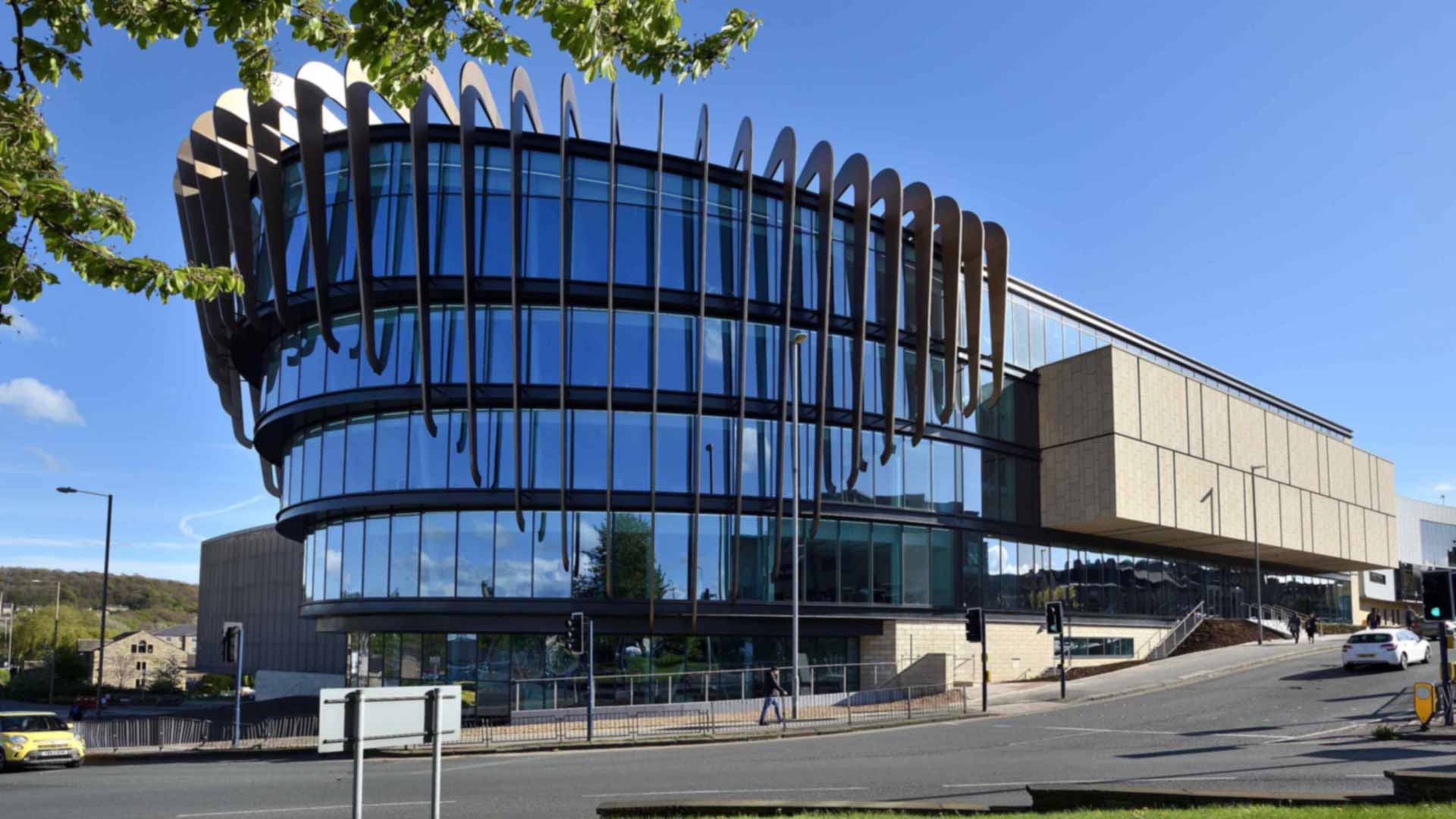
Opinion split over Sinn Féin use of ‘Londonderry’

Dr Shaun McDaid
Irish politics expert
Irish politics expert Dr Shaun McDaid looks beyond the furore that followed Sinn Féin leader Mary-Lou McDonald using the word ‘Londonderry’ in a video on social media.
“In politics, words matter. Words and phrases used by political leaders are analysed, and re-analysed, as both their allies and opponents seek to use them to justify a particular mode of argument.
In a divided society such as Northern Ireland, words carry an even greater significance. Even the names of places, or subtle variations in their spelling, can carry political meaning and potentially reveal the ethnic background of the person using them.
Thus, it came as a great surprise to many that, whilst attending a cross-community event recently, the Sinn Féin President, Mary-Lou McDonald, referred to a dialogue she had with young people in “Derry or Londonderry”. At first glance, this may seem a rather insignificant comment. But the reaction it received, ranging from congratulation to condemnation, demonstrates that it was anything but.
Crudely, most members of the nationalist community refer to the city as “Derry”, with their unionist counterparts preferring the term “Londonderry”. The use of either term thus became a signifier of one’s political identity, Irish or British. McDonald, as an Irish republican, thus departed from the usual script in referring to the city in terms used by both communities.
Much of the most vocal criticism came from McDonald’s republican counterparts. Some former political prisoners, for example, claimed the statement as evidence of a supposed lack of republican credentials – McDonald is from Dublin and joined Sinn Féin during the peace process.
Equally, some unionists claimed that her use of the term was little more than a superficial charm offensive, and did not constitute a genuine attempt towards reconciliation with their community. Others, from both sides of the debate, were more welcoming seeing it as a step towards improving the currently strained relations between the communities in the absence of a functioning Assembly.
So why did McDonald choose to use the term, if she knew she’d attract a significant amount of criticism, even from within her own base? The comments are perhaps best understood as part of Sinn Féin’s wider political strategy – promoting an agenda of equality, as a means towards eventual Irish unity.
The spectre of a hard Brexit has pushed the question of Irish unity back to the fore. For Sinn Féin, any potential downsides to Brexit, or the return of a border on the island of Ireland, represent a political opportunity to promote Irish unity. Demographics are also a factor, with reports that Catholics, more likely to favour Irish unity, may outnumber Protestants, more likely to favour the status quo, by 2021.
That is not to say that a simple Catholic majority would automatically result in a united Ireland in the medium-term. But, if the UK economy is badly hit following Brexit, it may, so the argument runs, make people from both sides of the community less opposed to Irish unity and prepared to consider the positive economic case for it, if such circumstances ever materialise.
So, in choosing to use terminology such as Londonderry that is traditionally associated with unionism, McDonald is arguably trying to reassure unionists, particularly the anti-Brexit variety, that their culture and tradition would be respected in a united Ireland setting. In other words, trying to persuade unionists that the party has really changed and its equality agenda applies to everyone, not just nationalists.
So far, the reaction suggests she has more work to do to persuade both sides of the utility of her approach. Thus, although terminology is important, it will be the actions of Sinn Féin under McDonald’s leadership that will decide whether unionists take her at her word.”
Read the full story.
History
Browse all our blogs related to History.
Politics
Browse all our blogs related to Politics.
Society
Browse all our blogs related to Society.
Religion
Browse all our blogs related to Religion.